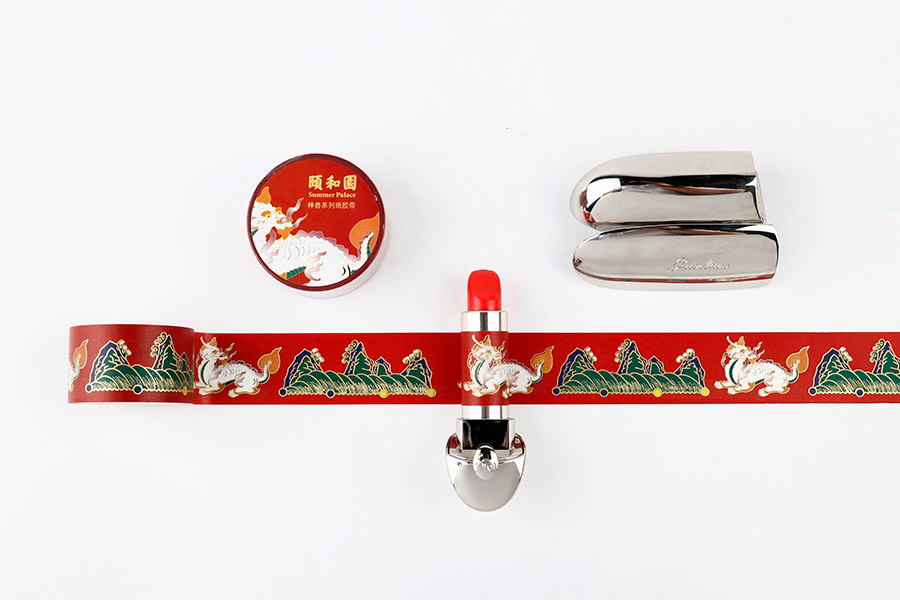Museums join online marketplace


Buyers of Summer Palace items are mainly women, ranging in age from 18 to 28, who want beautiful items, Qiu added.
While the Forbidden City was China's seat of power and home to emperors, the Summer Palace acted as a resort where emperors and their family members spent their vacations. The former, also called the Palace Museum, now leads the way for China's creative and cultural industry, with millions of fans following its online stores on various e-commerce platforms. The Summer Palace only started its online merchandising business last year.
Qiu and her team spent almost a year getting ideas on how to design products for the public. The first items were based on animals, plants and buildings, and included paper tapes, teacups, bookmarks, jewelry and accessories. An online store opened under the name of the Summer Palace on e-commerce giant Alibaba's Tmall in June.
Chinese festivals are used to promote its products in cooperation with JD or 360buy, another Chinese e-commerce player.
In January, the store sold tens of thousands of red envelops on 360buy before Spring Festival with patterns inspired by buildings at the Summer Palace.
During the Dragon Boat Festival in June, the palace launched special boxes for 360buy. Thousands of boxes of zongzi, a Chinese rice dish, sold out within a week, each priced at 188 yuan, double the average price. The dish is prepared for the Dragon Boat Festival.
Qiu said that working with e-commerce platforms is a quick and effective way to reach more consumers and make them aware that the Summer Palace has its own products.
"I think the rise of the Chinese creative and cultural industry can be partly attributed to the boom in China's social media and new media," Qiu said, referring to the rapid spread of information on social media such as instant message app WeChat, microblogs and short-video apps such as Douyin.



































